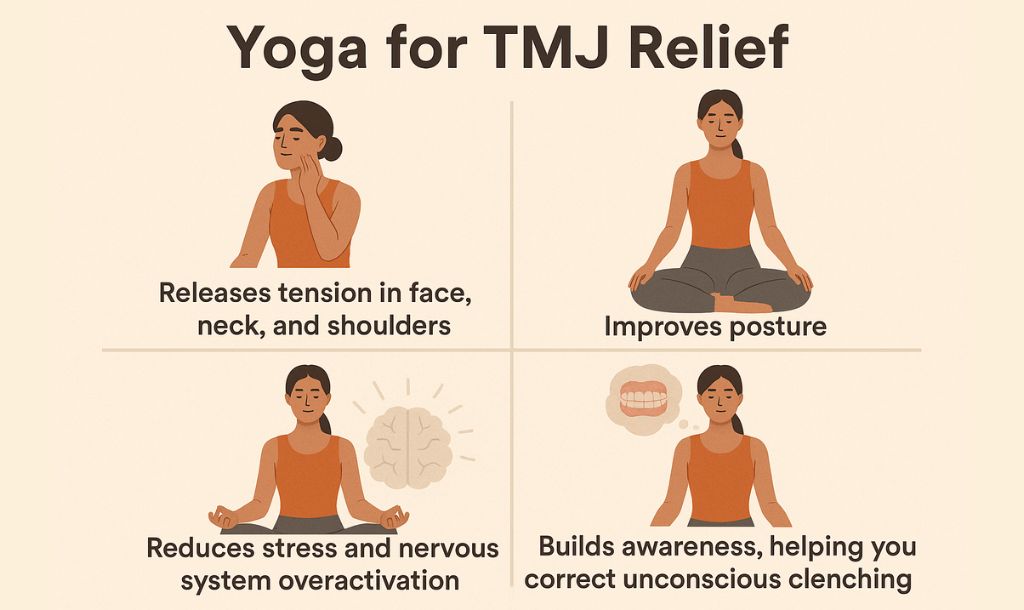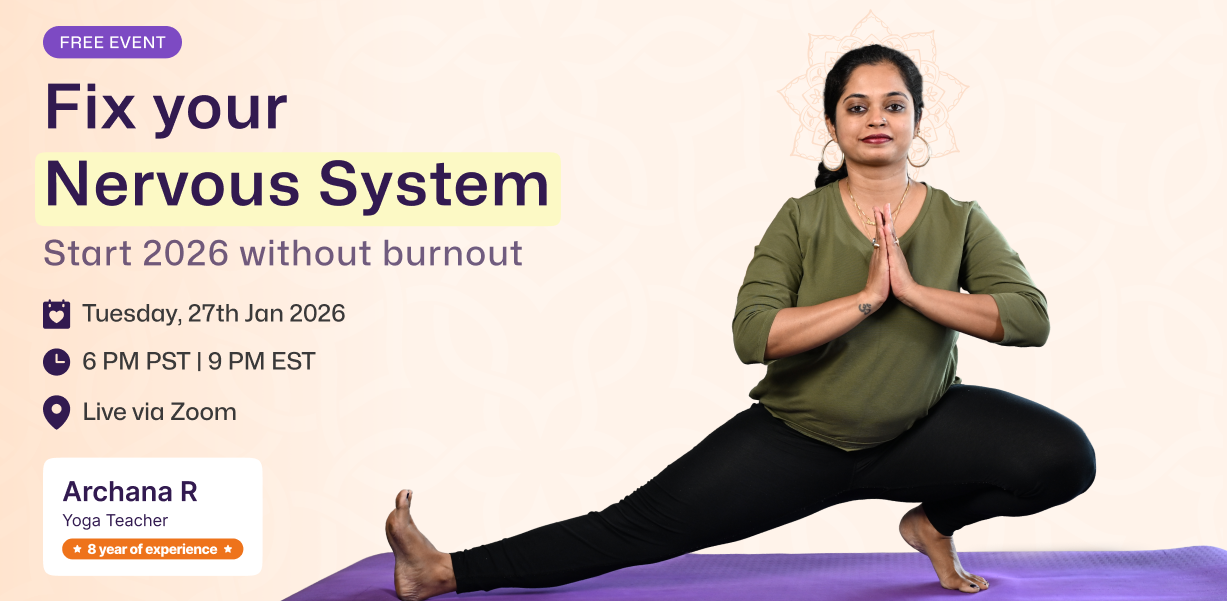What is Urdhva Mukha Shvanasana (Upward-Facing Dog Pose)?
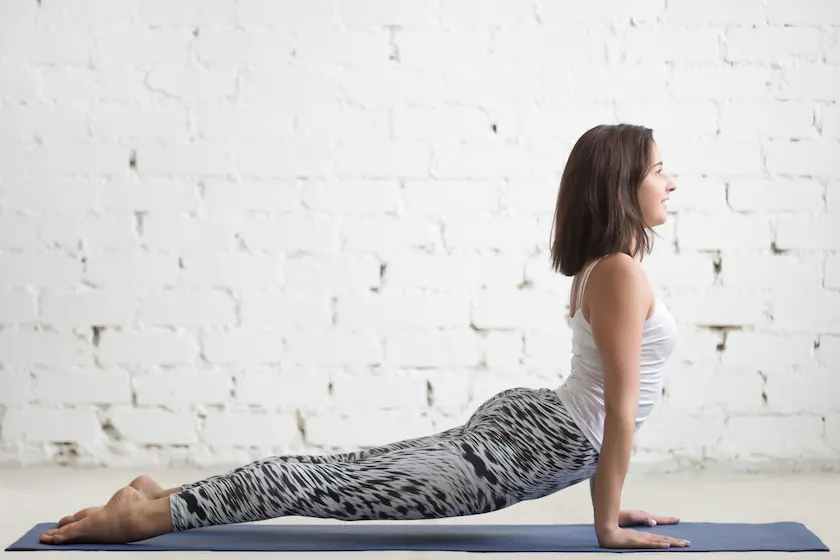
Urdhva Mukha Shvanasana, or Upward-Facing Dog Pose, is a modern intermediate-level yoga asana. It is commonly performed as a flowing pose in the Sun Salutation sequence and is used as a counter-pose for the Downwards Dog position.
The up-dog pose seems quite similar to the Cobra Pose, but it’s not as easy to execute because it requires maintaining a slight lift of your body above the ground.
This pose is not altogether beginner-friendly, as it requires a good amount of mobility in the wrists, and strength in the core muscles to hold this pose for a prolonged duration.
Overview & Etymology
The Sanskrit word Urdhva Mukha Shvanasana translates as 'Urdhva,' meaning upwards, 'Mukha' meaning face, 'Shvana' meaning Dog, and 'Asana' meaning pose or posture.
The Upwards-Facing Dog pose and the Downwards-Facing Dog pose were both introduced in Sun Salutation practice around the 20th century by an Indian yoga teacher and healer named - Tirumalai Krishnamacharya.
Later his students B. K. S. Iyengar and Pattabhi Jois spread the word about these poses and made them globally famous through their yoga books and classes.
Sanskrit Name: ऊर्ध्वमुखश्वानासन Pronunciation: OORD-vah MOO-kah shvan-AHS-anna
Pose Type: Backbend Also known as: Upward-Facing Dog Pose
Strengthens: Spine, Arms, Shoulders, Wrist, and Back.
Stretches: Back, Spine, Shoulders, Chest, Lungs, and Throat.
Health Benefits of Urdhva Mukha Shvanasana
- Opens the chest.
- Improves posture and flexibility.
- Strengthens the core and shoulders.
- Strengthens and lengthens the spine.
- Improves abdominal organ function.
- May heal symptoms of mild depression and stress.
- Has therapeutic effects on lower back pain, sciatica, and fatigue.
- Treats asthma by enhancing lung function and breathing capacity.
When to Avoid Performing Urdhva Mukha Shvanasana
- Avoid during menstruation.
- Avoid this pose if you lack breath control.
- Avoid if you have severe lower back pain.
- Avoid if you have had a recent injury or surgery.
- Avoid during pregnancy and six months post-pregnancy.
How to do Urdhva Mukha Shvanasana (Upward-Facing Dog Pose)
The Upward-Facing Dog pose can be a physically challenging pose for new yogis, so we’ve divided the whole practice into four parts:
Part 1 - Preparatory Poses for Urdhva Mukha Shvanasana
Warm-up or prepping the muscles in your spine, shoulders, wrists, and core is crucial for the up dog pose; below are some asanas to get you started:
1. Bhujangasana (Cobra Pose) - Begin by lying on your stomach on the yoga mat and placing your palms close to your chest. Inhale and lift your upper body off the ground with the strength of your wrists and shoulders.
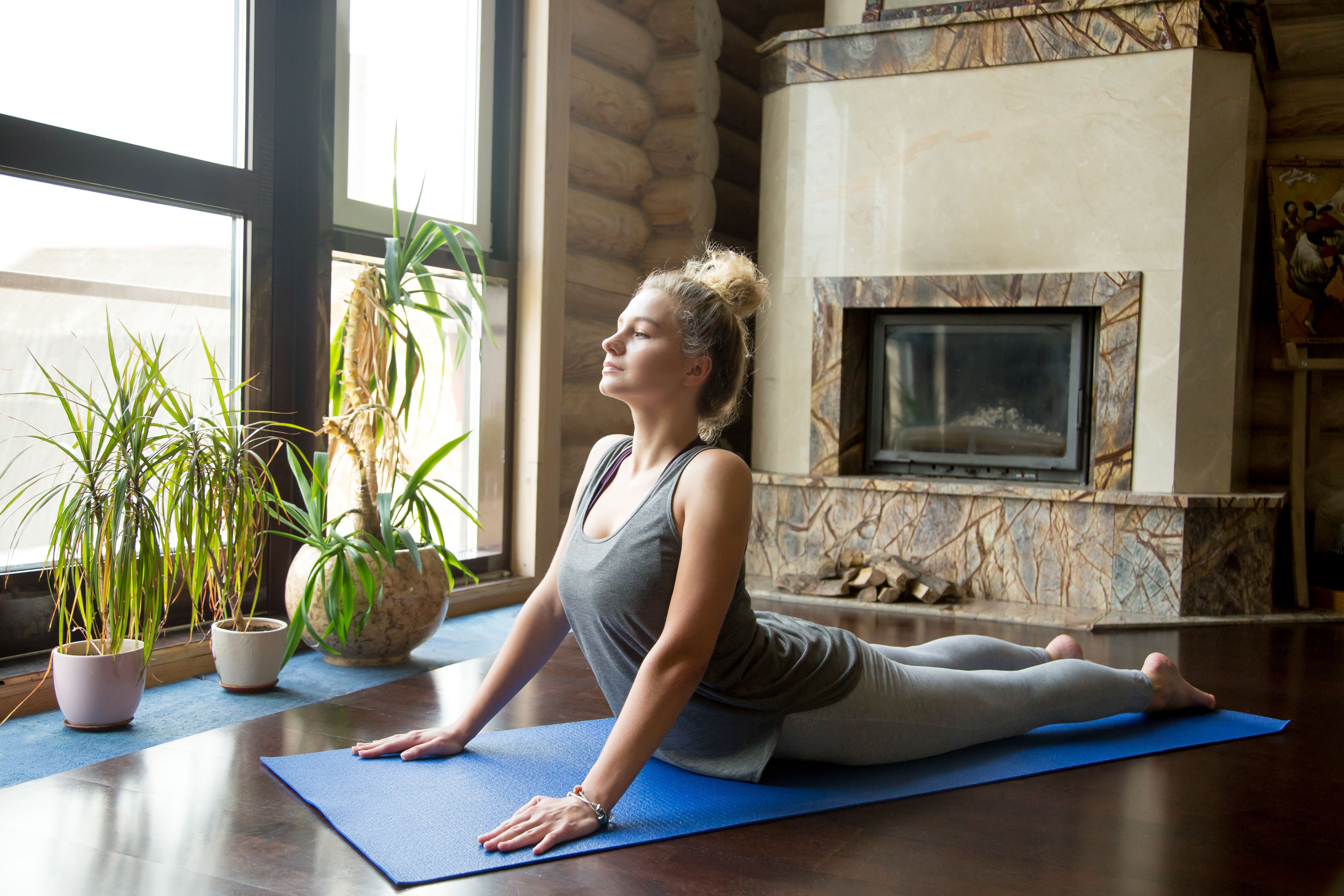
Sit like a cobra with a raised hood and hold this pose here for 2-5 minutes. This pose allows you to activate blood circulation around your core, opens your chest like the up-dog pose, and engages your shoulders, wrists, and spine all at once.
You can also practice the Cobra pose with the dynamic up-down movement of the upper body – this helps circulate blood even faster.
2. Phalakasana (Plank Pose) - Inhale and get into a tabletop position. One by one, extend each leg straight behind you and maintain a tight core. Keep your spine and neck neutral, with your gaze between both hands.
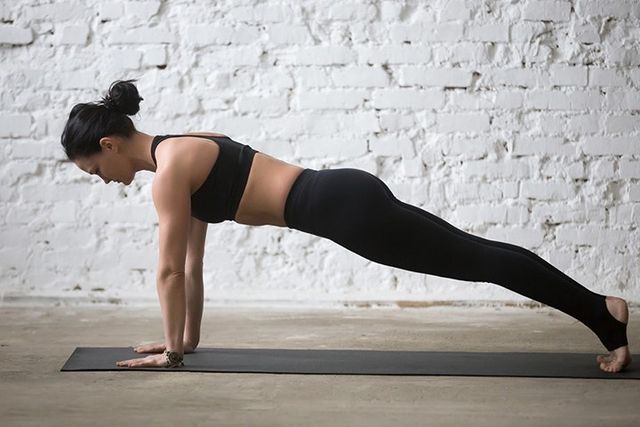
Make sure there is no hinging or sinking of the hips as you maintain the holds. Now, just hold this pose here for 2-3 minutes. The longer you hold, the stronger your core muscles will get.
3. Chaturanga Dandasana (Four-Limbed Staff Pose ) - Continue from Plank pose, exhale, and bend your elbows as you slowly move your upper body close to the ground. Stop lowering yourself down when your arms are in a 90-degree angle.

Tighten your core muscles and hold the Chaturanga pose for a couple of seconds in the air. If it’s too challenging, you can also modify this pose by keeping your knees on the ground. This pose will allow you to work on your core strength and enhance the range of motion in your wrist and shoulders.
Part 2: Step-by-Step Instructions to Perform Urdhva Mukha Shvanasana
The following are steps to practice Upward-Facing Dog Pose:
Step 1- Start by lying on your stomach with bent elbows and hands close to your chest.
Step 2- Make sure that your toes point downwards and straight behind you, and your legs are hip-width apart.
Step 3- Activate your toes, quads, wrists, and shoulders to raise your upper body off the mat.
Step 4- Now, inhale slowly as your body is rising, hold or hover over the mat and completely straighten your arms.
Step 5- Hold the asana by drawing your shoulders back, keeping your core tight, lower back arched, neck slightly dropped back, and your chest opened forward.
Step 6- Hold this pose here for a few seconds and take deep breaths.
Step 7- Release this pose gently by first bending your elbows, then un-arching your back, and bringing your face and neck down. Finally, relax in the Reverse Corpse pose.
Inhalation: When your upper body rises up from the ground and your arms are completely straight. .
Exhalation: While holding and releasing the pose to come back on the ground.
Performance Duration for Beginners: Hold Up Dog Pose for 15-30 seconds.
Performance Duration for Advanced: Hold Up Dog Pose for 60-90 seconds.
Part 3: Things to Keep in Mind
Here are a few ways to keep your muscles safe and well-aligned while executing the Upward-Facing Dog pose:
- Engaging your quads: If you slouch your legs, they will create issues balancing in this pose. Because the entire body is hovering up from the mat, it's necessary to stabilize your legs and lower back. Make sure to engage your thighs, and especially your quad muscles.
- Hunching your shoulders: Slouched shoulders are usually the result of the neck bending forward, which can lead to poor posture and failure to open your chest. To avoid this, drop your shoulders back and pull them away from your ears.
- Compromised neck: The wrong alignment in your neck can lead to serious neck and spine injuries or pain. So, make sure your neck is not craning, dropping completely forward, or dropping backward. Maintain a slight bend backward, creating a half-U shape with your neck while opening your chest in the Up-Dog pose.
Part 4: Relaxing Poses After Urdhva Mukha Shvanasana
Here are a few counter-poses to perform right after the Upward-Facing Dog pose, to encourage relaxation in the spine, core, and lower back.
1. Adho Mukha Svanasana (Downward-Facing Dog):
Right after the Up-Dog pose is finished, slowly release your straight arms, bend your elbows back, lift your glutes towards the ceiling, and with the strength in your shoulders, hold your upper body in an inverted position.
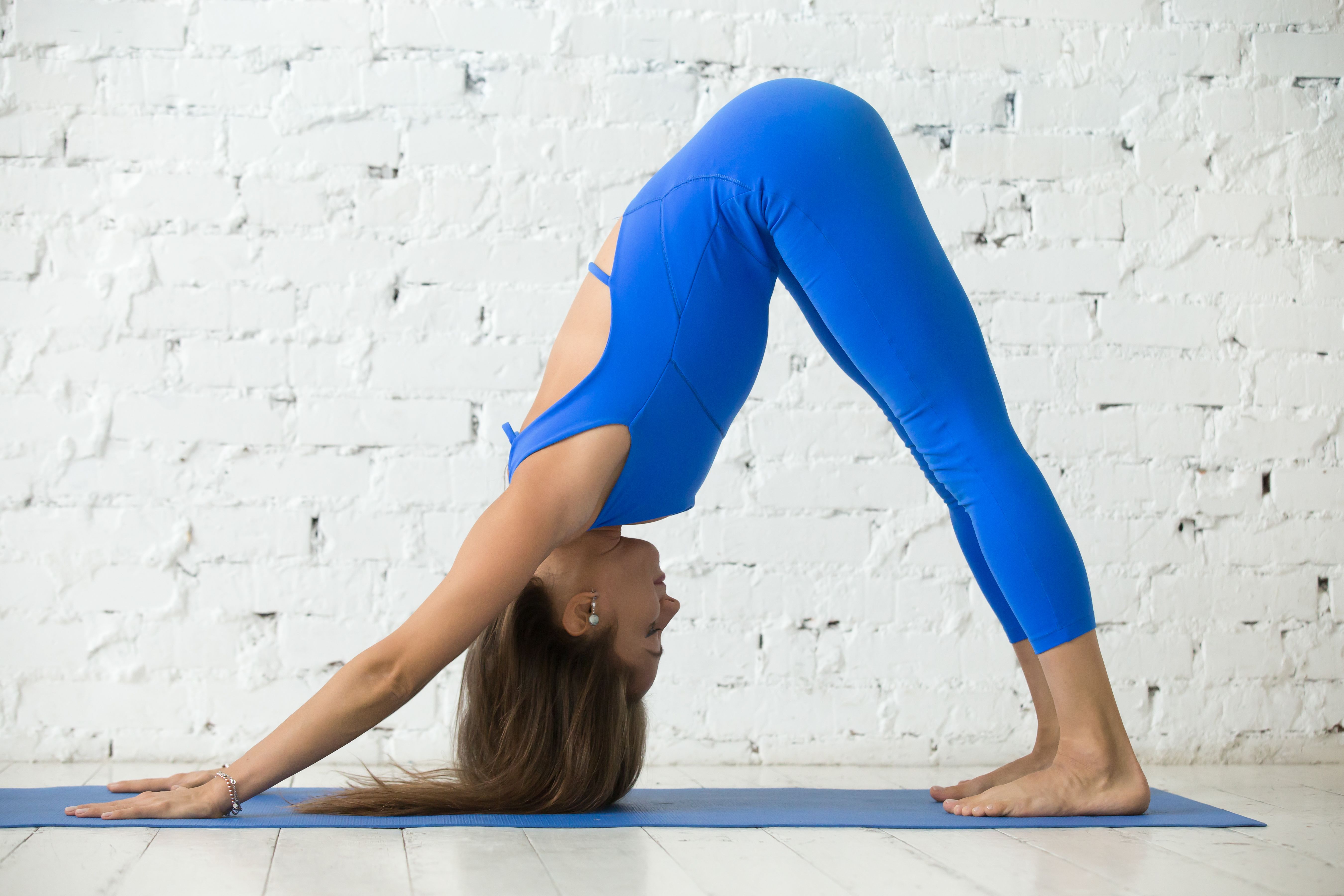
Your body will be shaped like a triangle, with your four limbs on the ground and your glutes pointing upwards. This pose will allow you to gently relax your lower back, neck, legs, and shoulders.
2. Uttana Shishosana (Puppy Pose): This pose combines both Down-Dog pose and Child's pose together. For Puppy pose, continue the Downwards Dog position, exhale and bend your knees to place your legs on the ground. Your palms should remain where they are.
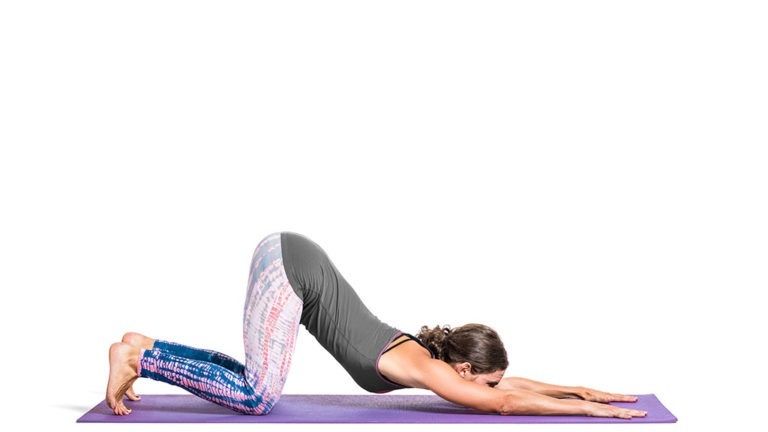
Inhale in the semi-table pose position and gently exhale to bring your chest close to the ground, arms extended forward, but with your glutes pointing upward to the ceiling. Stay here for a few deep breaths to entirely relax your upper body.
3. Balasana (Child’s Pose): To bring your spine back in its neutral shape back, get into Child’s pose. Continue from the Puppy Pose and bring your glutes back on the ground by sitting on your legs.

Next, place your arms at your sides, and relax your neck by placing your head on the mat. Re-energize your whole body by relaxing in this pose for 3-5 minutes.
Urdhva Mukha Shvanasana (Upward-Facing Dog Pose) Variations to Consider
Below are some different Upward-Facing Dog pose variations you can add to your routine to further challenge your body.
1. One Legged Upward-Facing Dog Pose: After you have aced the Up-Dog pose practice, you might want to test your core and upper body strength. Lift one foot off the yoga mat for a few seconds and hold the pose.
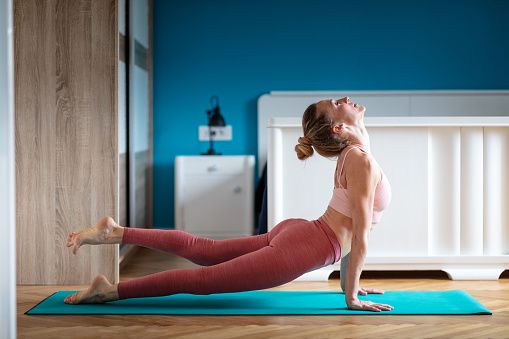
This variation challenges you to build more strength and balance, plus it can further enhance your overall mind-muscle connection.
2. Upward-Facing Dog Hands Aerial: If you want to increase upper body flexibility, try aerial yoga variation for the Up-Dog pose. This variation will help you open your chest on a deeper level and make your shoulders stronger than ever.

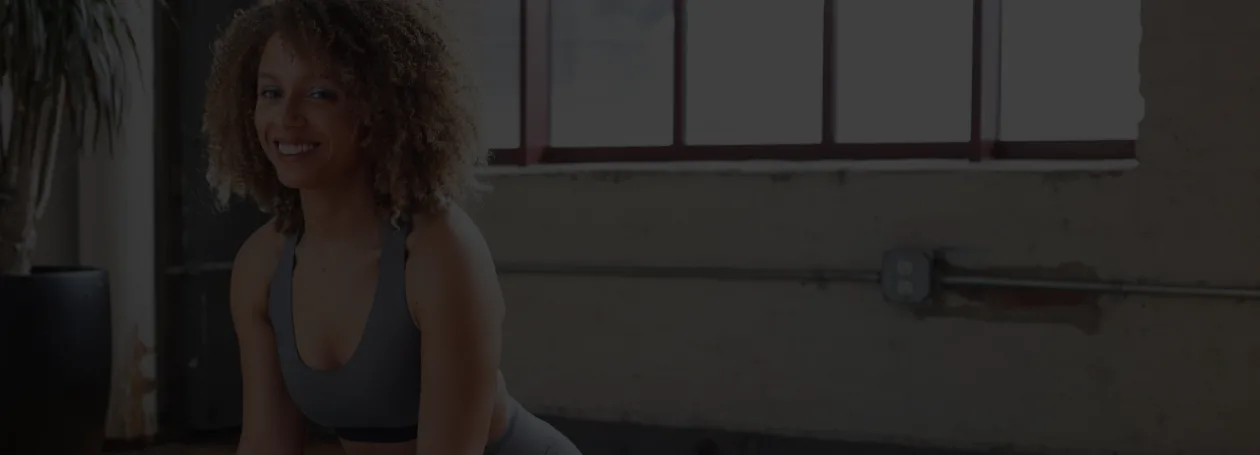
Enjoy a Free 1-on-1 Session with a Coach!
Receive personalized guidance tailored to your unique fitness goals, live with a dedicated coach—no credit card required.
Frequently Asked Questions about Urdhva Mukha Shvanasana (Upward-Facing Dog Pose)
Beginners with good form and spine mobility can perform Urdhva Mukha Shvanasana. Make sure you warm up your back and core muscles before getting into the main practice. Also, it's not necessary to master the pose in one go, so modify if you need to.
The most common benefits of Urdhva Mukha Shvanasana include the following:
- Strengthens the wrists.
- Lengthens and strengthens the back.
- Alleviates mild symptoms of back pain.
- Activates the abdominal organ's functions.
- Increases flexibility and mobility in the spine.
People with severe lower back pain, back injury, or recent surgery should not perform Urdhva Mukha Shvanasana. Also, pregnant women or women on their periods should take a short break from this yoga pose.
Downward-Facing Dog Pose, Puppy Pose, and Child’s Pose are some counter poses that are highly recommended to perform after a long Urdhva Mukha Shvanasana practice. These counter poses will help you relax your spine and prevent you from getting sore the next day.
Lifestyle diseases like sciatica, low back pain, asthma, mental health disorders, asthma, and fatigue, can all be alleviated with Urdhva Mukha Shvanasana. To reap these benefits, make sure your posture is correct.
If you want to add the Urdhva Mukha Shvanasana to different yoga sequences, the following are a few you can try:
- Surya Namaskar A (Sun Salutation A)
- Surya Namaskar B (Sun Salutation B)
- Neck or Lower Back Yoga Flow
- Primary Series of Ashtanga Yoga


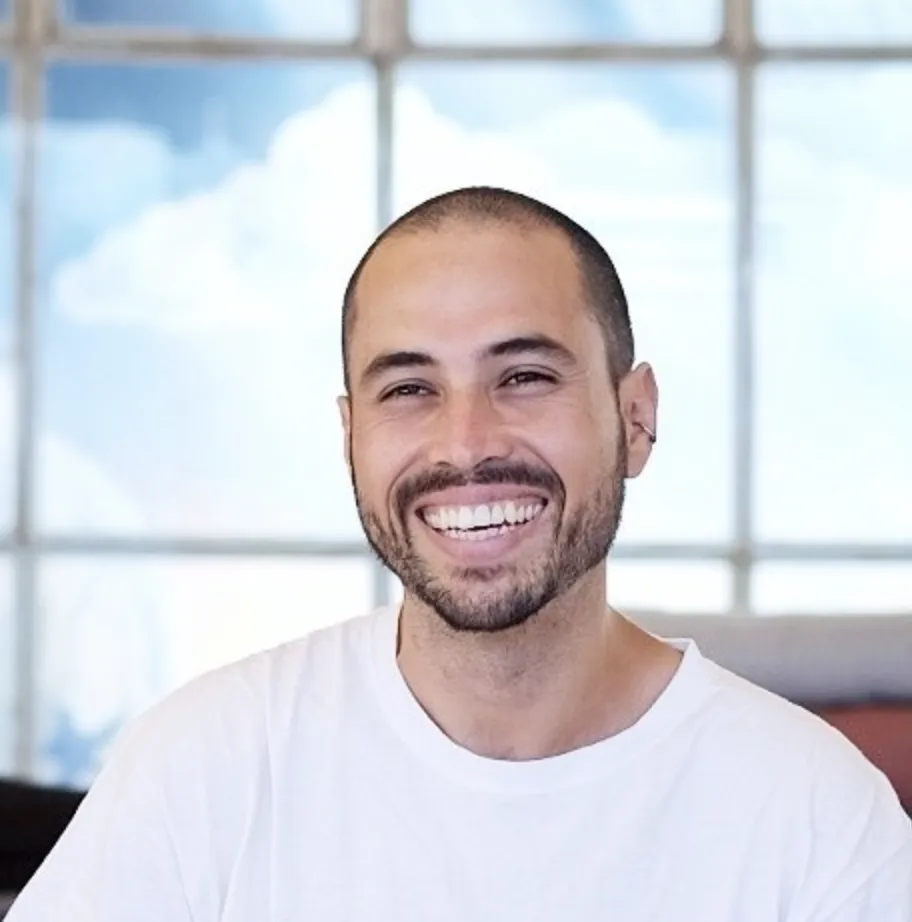
.webp)
%20(7).jpg)
